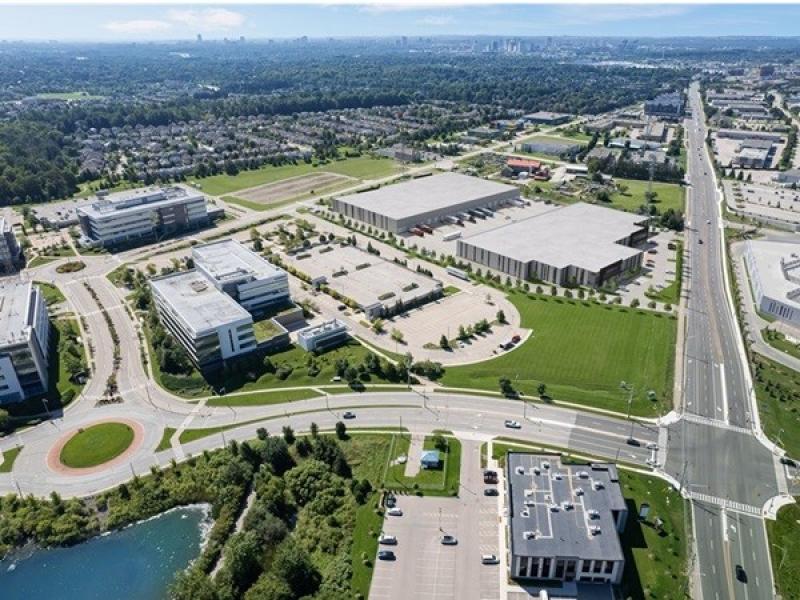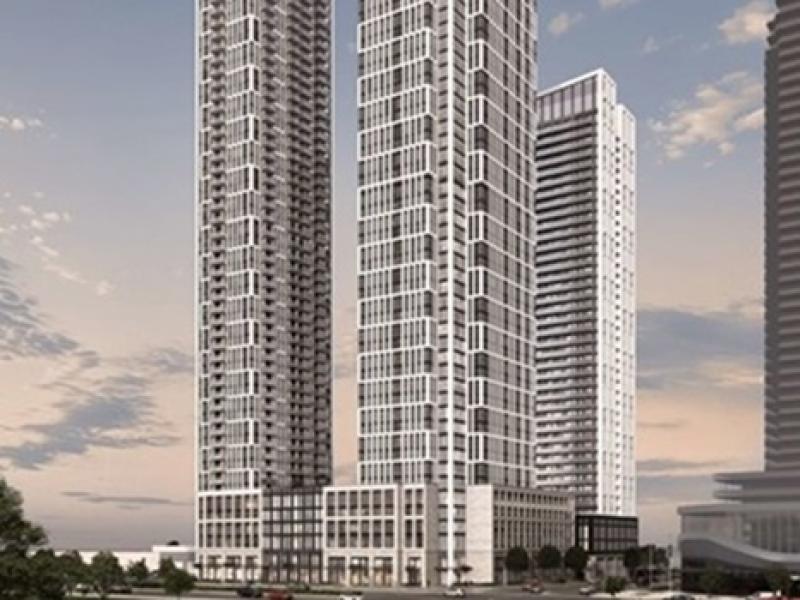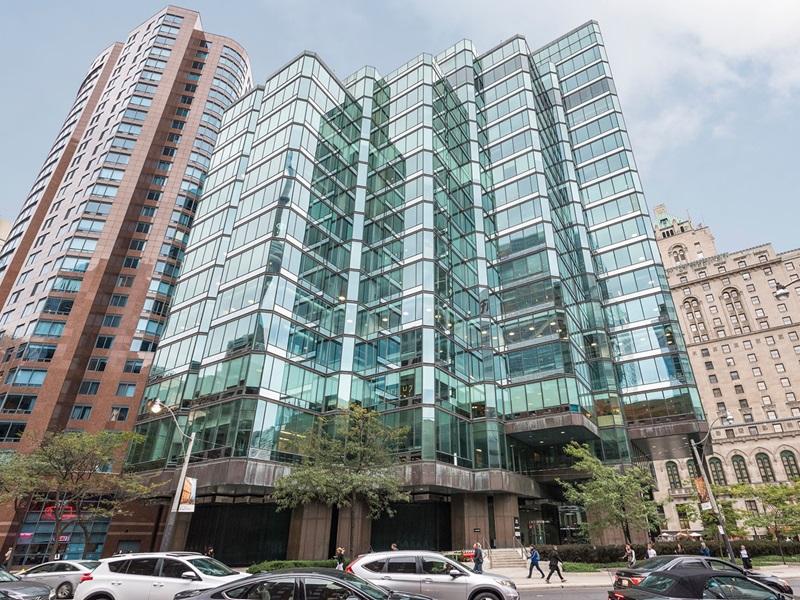
Montreal-based developer Rosefellow has paid $75 million to acquire a portion of the Méga Centre Notre-Dame, with plans to redevelop the property into a state-of-the-art, highly sustainable distribution and light industrial complex.
The company plans a total investment of approximately $200 million to develop 550,000 square feet across three buildings at the site. Rosefellow co-CEO Mike Jager told RENX this morning, it plans to begin demolition of this portion of the retail centre as soon as existing leases end and the tenants are relocated - at the end of the year.
Property owners RioCan REIT and Harden will continue to operate the remaining portion of the Méga Centre Notre-Dame, Rosefellow states in the announcement.
“We’re buying a portion of the mall, it’s the most northern part of the shopping centre,” Jager said during the interview. “We looked at this at various angles, to redevelop for commercial or to do residential… but the best use, in an area that’s highly in demand for industrial space, is industrial.”
About the Méga Centre Notre-Dame site
The site is located along the Highway 13 corridor in the Greater Montreal-area, giving it what the company considers exceptional visibility as well as access to the regional transportation network. Rosefellow’s acquisition comprises a total of 1.2 million square feet of ground area.
The land is already zoned for distribution and logistics types of uses.
“What’s insane is that we have a couple of properties in Laval and it’s been a really, really good market for us. I (believe) that by the time we start demolition, we’ll already have the entire facility leased,” Jager said. “We don’t have any tenancies now, the plan is we are building on spec.”
Rising overall industrial vacancy rates don’t concern him.
“We did the analysis, overall it’s about five per cent, 5.5 per cent, but class-A industrial space at over 40-foot clear is at 0.2 per cent,” he said. “So, that is what we are going to be building.”
Location offers access to labour, amenities
Jager also touted the benefits of having the new industrial development in an area with a wide range of existing retail and other services next door. He said there is still a competitive market for labour, and this location actually borrows on a strategy often seen in the office sector where nearby amenities are important to tenants.
“There is still a huge section of the mall that RioCan and Harden own. It’s all about the services. Literally right next door to our site, there’s a Gold’s Gym, there’s a grocery store, there’s restaurants, there’s bars. That is what a lot of companies are looking for,” Jager said.
“There’s a huge labour pool in Laval, huge, coming from the North Shore down to Laval and everything included. That’s another reason for us. For us, in our portfolio, we think this is the best site that we have up to now.”
Rosefellow is also planning to incorporate sustainability and energy-saving features into the buildings. It will target at least LEED Silver for the project, be net zero and could even have some highly innovative elements.
The company also teased other major announcements in coming weeks, but Jager said it’s too early to release details. He did confirm a statement in the release, that Rosefellow has plans for about $450 million in investments into the area in the coming months.
"Laval is an exceptional market that is constantly growing: this strategic acquisition represents a major step in the development of our activities in Laval and confirms our commitment to long-term investment in prime locations,” said Jager’s co-CEO, Sam Tsoumas, in the release. “We are excited about the opportunity to positively contribute to Laval's economic vitality.”
About Rosefellow
Rosefellow is one of the most active industrial real estate developers in Eastern Canada, specializing in the delivery of large-scale projects.
Since its founding in 2019, the company has acquired over 31 million square feet of land, leading to the completion of 22 projects, for a value of $3.1 billion.
Rosefellow plans to deliver more than 6.4 million square feet of additional industrial space by 2026.










